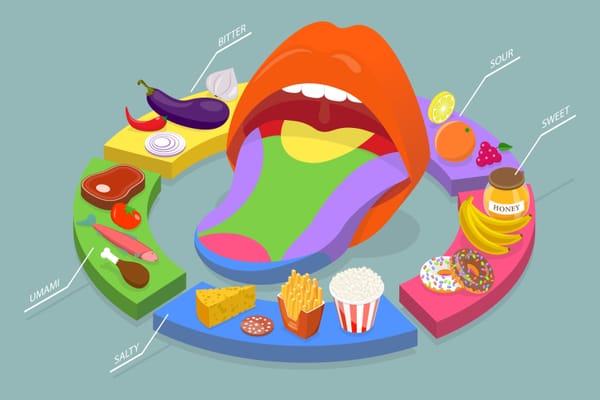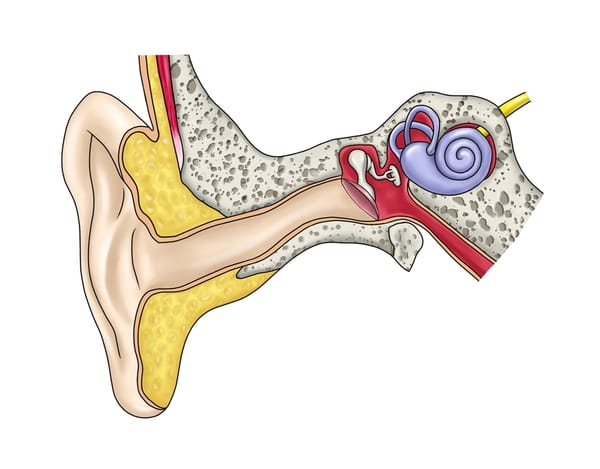Everything you need to know about stress

Stress is a natural reaction, both psychological and physical, to events that the body perceives as threatening or challenging. It can affect everything from your senses and metabolism to your movement, emotions, thinking, immunity, breathing, and blood flow.
When we sense or anticipate a threat, three key physiological systems kick into gear: the hypothalamic-pituitary-adrenal (HPA) axis, the sympathetic nervous system, and the immune system. These systems release chemical messengers that bind to specific receptors, sparking widespread changes throughout the body.
Under stress, the adrenal cortex releases cortisol, while the adrenal medulla releases epinephrine and norepinephrine. Cortisol is the main stress hormone, targeting organs like the pancreas, muscles, liver, and fat tissue. High cortisol levels also help shut down stress-related hormone production through a negative feedback loop. Epinephrine, better known as adrenaline, fuels the body’s fight-or-flight response, while norepinephrine boosts alertness, focus, and arousal.
One way to understand the body’s stress response is through the general adaptation syndrome, which includes three stages:
1. Alarm reaction: The body readies itself for a series of responses, activating its defenses.
2. Resistance: The body works to restore balance and maintain homeostasis.
3. Exhaustion: If the stressor persists and the body can’t keep adapting, energy and resources become depleted.
Chronic stress can take a significant toll on health:
· It can lead to risky behaviors like physical inactivity, substance use, and sleep problems.
· It can cause primary health issues, such as cardiovascular, metabolic, and immune problems.
· It can contribute to secondary outcomes like depression, anxiety, obesity, and diabetes.
· Over time, it can result in serious health consequences, including functional decline, premature aging, and even early death.
On a cellular level, stress can trigger both apoptosis (programmed cell death) and necrosis (premature cell death).
Love them without losing yourself. The Boom Health app helps you manage your loved one’s home care in one app. Download the app from the App Store or Google Play Store.
This article is not intended to be a substitute for professional medical advice or diagnosis. Always seek the advice of your physician or another qualified health provider with any questions you may have regarding a medical condition.




